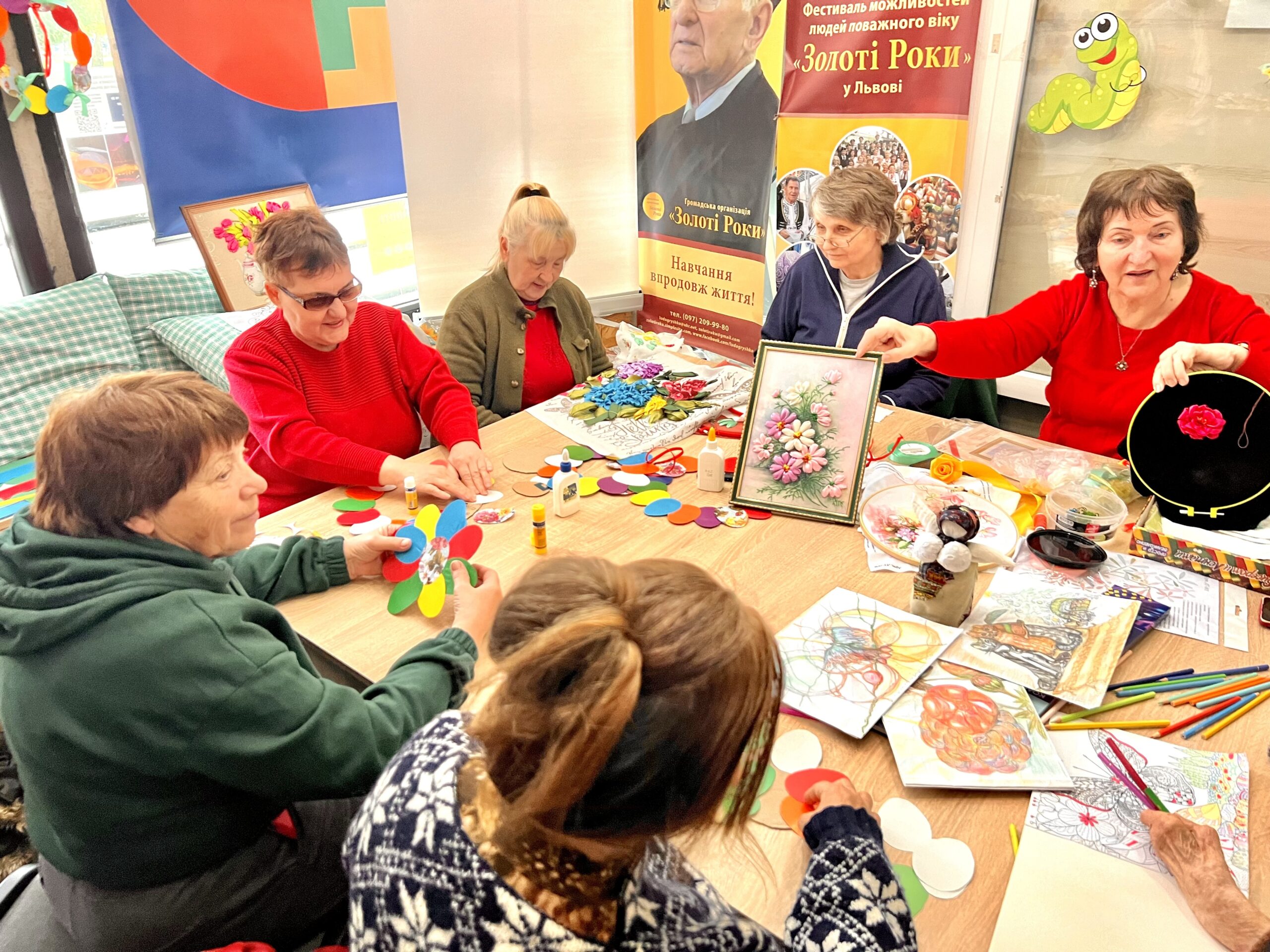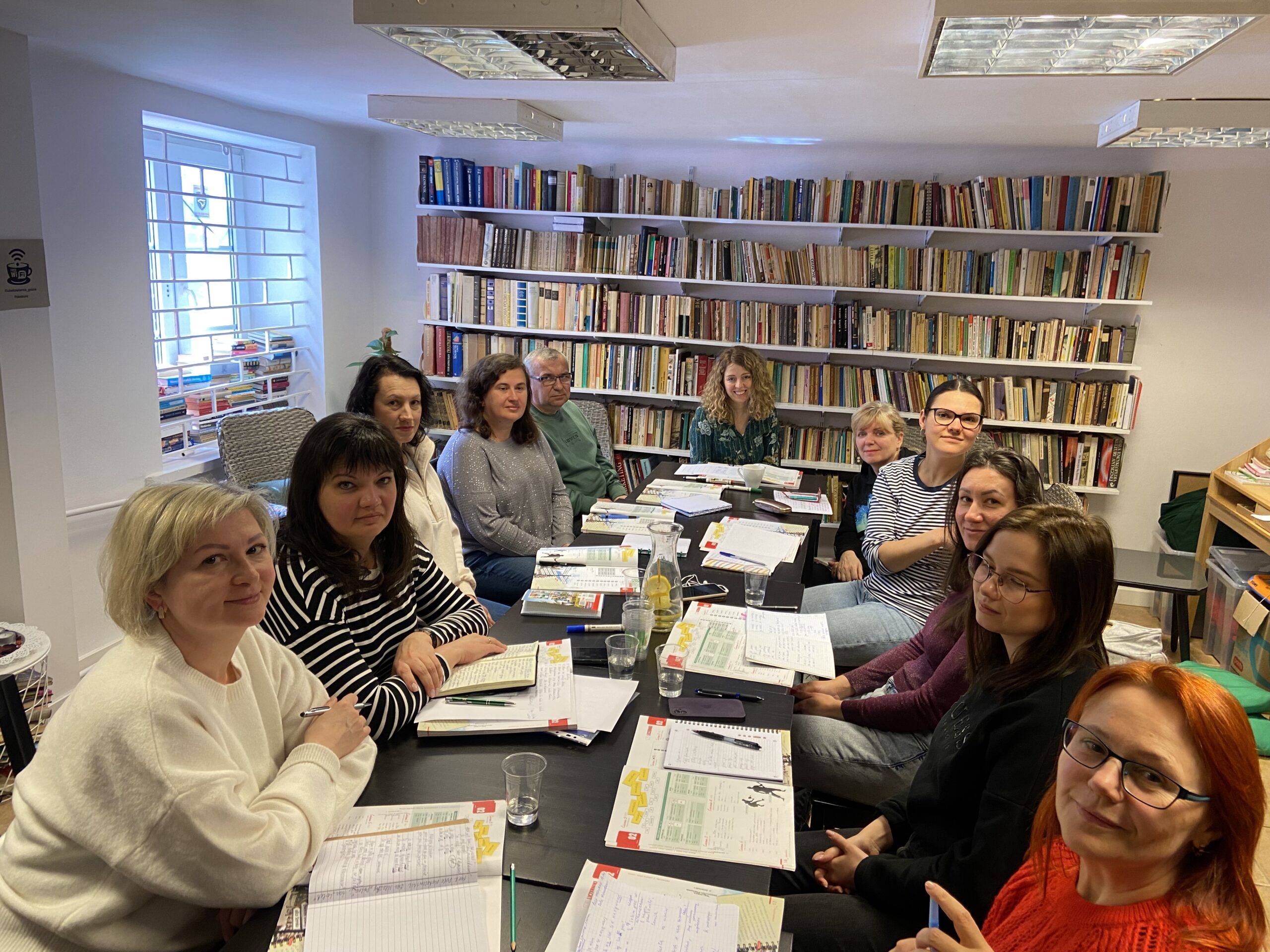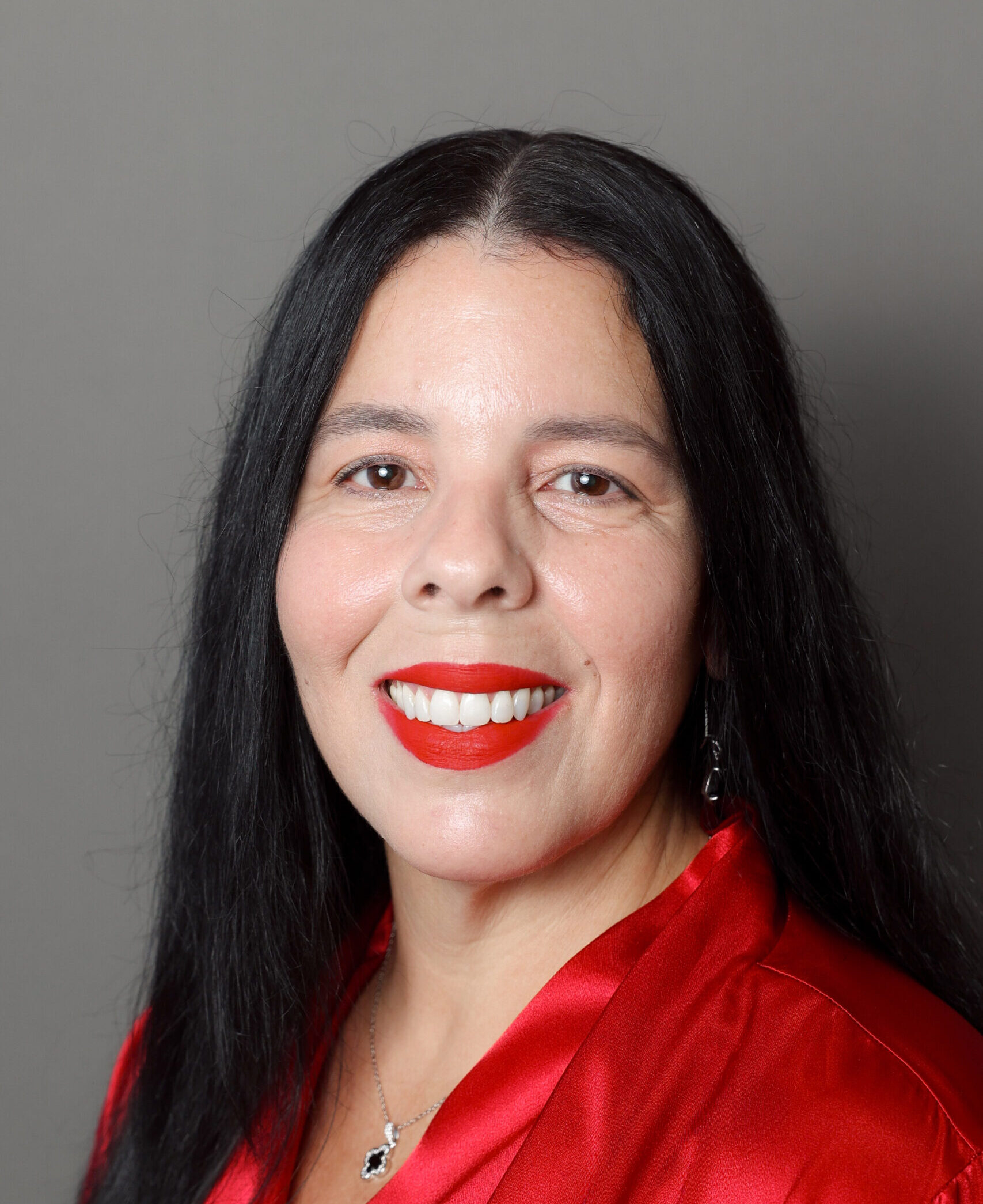Empowering recovery and resilience in Ukraine through philanthropy

It’s 7 p.m. and we walk into our eighth meeting of the day, where two Fight for Right staff members are getting ready to brief my colleague and me on their programs and the additional support needed. I sit in wonderment at the incredible tenacity of these individuals and their fellow Ukrainians. During my short time visiting Ukraine, I learned so much about the human cost this war has brought for our nonprofit partners, including their personal sacrifices and having to do more with less.
In April, Alex Gray, director of international funds, and I traveled to Poland and Ukraine to deepen our understanding and assessment of response and recovery efforts, refine our priorities for the Ukraine Humanitarian Crisis Recovery Fund, and meet existing and potential new grantee partners. The trip was productive, moving and inspiring.
Stories of impact and need
In the heart of Ukraine, amid the echoes of resilience and recovery, our visit illuminated the profound impact of philanthropy. It allowed me an opportunity for observation and was also a testament to the vital role that philanthropy plays in rebuilding lives and communities. The stories we heard underscored the need for continued flexible investments in the capacity of national organizations.
One particularly moving moment was meeting with Anzhelika Bielova, CEO of the Association of Roma Women, Voice of Romni, a grantee partner, who emotively thanked the Center for Disaster Philanthropy (CDP) for its invaluable support. With tears in her eyes, she shared how our funding enabled her organization to provide counseling services for their staff. She said that their team has been working tirelessly to aid their community and that the psychological toll has been immense.
“Thanks to CDP’s funding, we’ve been able to offer our staff the psycho-social and emotional support they desperately needed. This has been a lifeline, allowing us to continue our work with renewed strength and resilience.”
Advocacy for long-term recovery
As Ukraine embarks on its recovery plan, a recurring theme we heard from civil society organizations was the crucial need for representational advocacy support. They recognize that sustainable recovery goes beyond immediate relief—it requires systemic changes and strong advocacy to ensure long-term stability and growth. More than one grantee partner highlighted the need to have a seat at the table to advocate for their community’s needs. From their point of view, funding for advocacy efforts is not a luxury; it’s a necessity for a comprehensive recovery strategy.
Flexible funding
Within the backdrop of these stories lies an often overlooked yet critical component of their future success—support for traditionally overhead roles. As an overhead employee myself, I have witnessed firsthand the challenges of securing funding for essential functions like accounting, human resources and communications. These roles are the backbone of any organization’s operations, ensuring transparency, accountability and the effective use of resources. All items many donors want, though are too often unwilling to fund fully.
Flexible funding is imperative. Philanthropic organizations must recognize that overhead costs are not mere administrative burdens but crucial elements that enable grantee partners to execute their missions effectively. Overhead funding ensures that organizations can maintain robust operations, manage their finances accurately, and comply with regulatory requirements, ultimately leading to more impactful and sustainable outcomes.
Our visit to Ukraine reinforced the urgent need for philanthropy to support not only direct service provision but also the critical overhead functions and advocacy efforts that underpin long-term recovery and resilience. By doing so, we can empower grantee partners to build stronger, more resilient communities capable of withstanding future challenges.
A call to action for philanthropy
Philanthropy plays an indispensable role in Ukraine’s recovery. We invite our fellow funders to join us in and support all facets of organizational capacity, from mental health services to advocacy and essential overhead functions. Let us continue to champion flexible funding models that recognize the full spectrum of needs in the recovery process. Together, we can make a lasting difference, transforming not only the lives of individuals but entire communities in their journey toward recovery.
More like this

Indirect Cost Recovery: A powerful tool for grantmakers to enable greater localization and equitable partnerships

